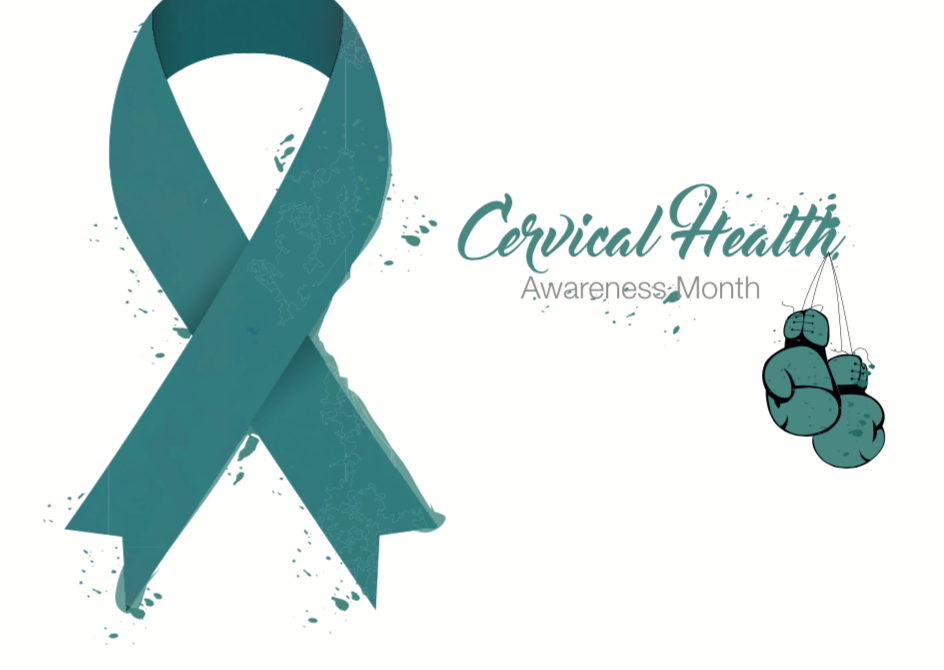
Problems with the cervix can have a major impact on the reproductive life and overall health of women regardless of age. Paying attention to your cervical health may save your life.
The cervix is at the lower end of your womb (uterus) and connects it to the vagina. The cervical canal is the narrow opening of the cervix that stretches to allow the baby to pass from the womb and out through the vagina during childbirth
Common problems of the cervix include cervicitis, cervical incompetence, cervical polyps, and cervical cancer.
Cervicitis
Cervicitis is the inflammation of the cervix, most commonly due to infections. You may have no symptoms. It however often causes a foul-smelling vaginal discharge, pain in your lower abdomen or during sex, unexpected bleeding in between periods, painful urination and feeling the need to urinate more than usual.
Causes of cervicitis include:
- Bacterial vaginosis – an overgrowth of normal bacteria in the vagina, sometimes the result of using vaginal douches. It may clear up without the need for treatment
- Allergy to spermicides or condoms
- Sexually transmitted infections such as gonorrhea, chlamydia, genital herpes, human papillomavirus (HPV)
Spread to the uterus and fallopian tubes may complicate cervicitis due to sexually transmitted infections. This condition is known as Pelvic inflammatory disease (PID) and is severe.It’s important to get treated because if untreated PID can lead to infertility. Antibiotics are the treatment for cervicitis due to a bacterial infection.
Cervical Incompetence
In pregnancy, the cervix is thick, rigid and closed to protect the baby in the womb. During labor, the cervix shortens, softens, gets thinner and opens so your baby can pass through the birth canal. Sometimes, the cervix is abnormally short or opens too early during pregnancy. Both conditions can lead to miscarriage or premature birth.
When your cervix opens too early in pregnancy, you have an incompetent cervix (also called cervical insufficiency). Incompetent cervix may be caused by past trauma to the cervix such as a dilatation and curettage (D&C) or a cervical tear from a previous difficult childbirth. Untreated cervicitis can also result in incompetent cervix.
Treatment is usually a cerclage, which is a large stitch the doctor puts in your cervix to help keep it closed. A cerclage is put in at about 13 to 14 weeks of pregnancy and is removed at about 37 weeks of pregnancy when it is safe for the baby. Hormonal treatment may also be given.
Cervical polyps
A small growth on the surface or inside of the cervix is known as a polyp. It affects about 4 in 100 women usually in the 40s and 50s. It is not pre-cancerous and often has no symptoms. Slight bleeding during sex may occur. Treatment is surgical removal by a simple procedure.

Cervical cancer and HPV
Cervical cancer is the leading cause of cancer deaths in African women. Human papillomavirus, a sexually transmitted infection causes 99% of all cervical cancer. Regular screening for cervical cancer is critical because early detection is the key to saving lives.
There are two screening tests for cervical cancer:
- Pap test checks to see if there are any abnormal changes to cells of the cervix
- Human Papilloma Virus (HPV) test determines if cancer-causing HPV is present in the cervix.
They help to find changes to the cells of the cervix early. If not treated, some changes can develop into cancer. Both tests can be done at the same time (Co-testing) from a sample of cells your doctor collects by gently scraping your cervix during a pelvic examination.
Cervical Cancer Screening Guidelines:

The United States Preventive Services Task Force (USPSTF)
If you have a weakened immune system, are HIV positive, have had a previous abnormal Pap or HPV test or cervical cancer, you will need more frequent screening. If you have had your uterus removed surgically (Hysterectomy), you do not need screening.
You can prevent cervical cancer due to HPV infection and cervicitis caused by infections through simple measures:
- Sexual abstinence outside of marriage
- Limiting the number of sexual partners
- HPV vaccination before the start of sexual activity (9 years – 26 years old)
- Proper and consistent use of condoms

